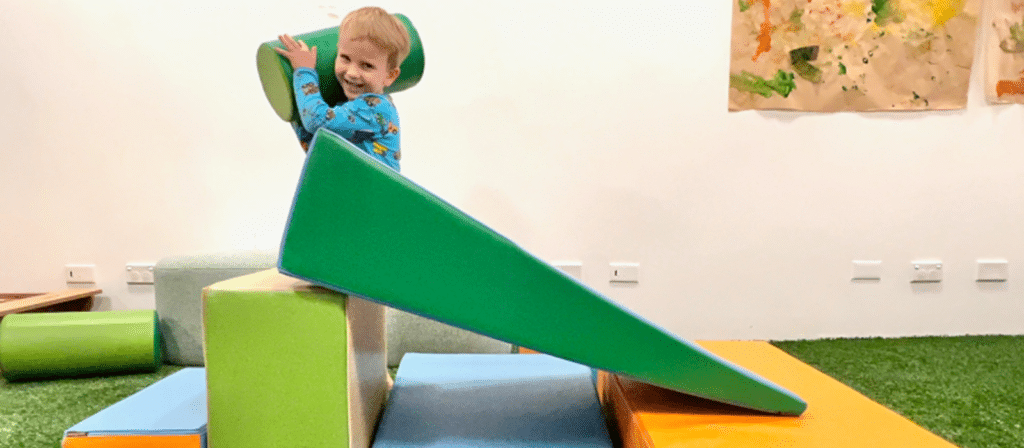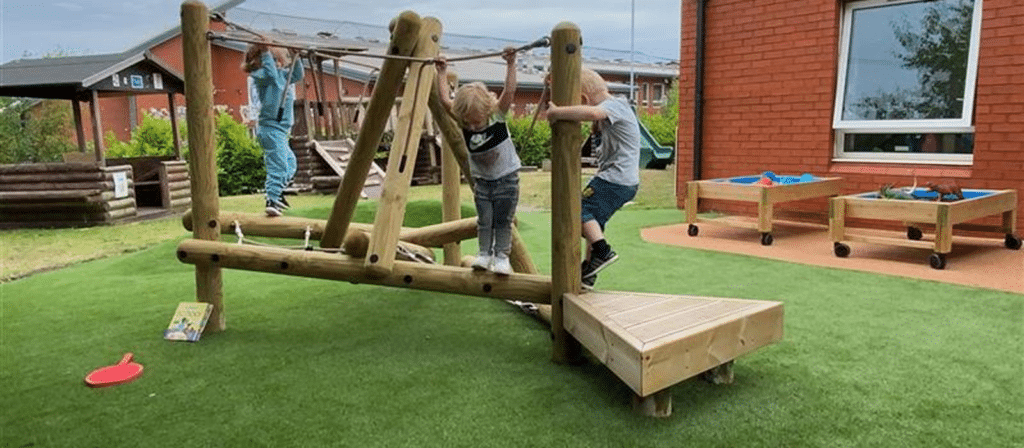Ever wondered how the choice of preschool furniture can impact your child’s development? Join us on a journey to uncover the pivotal role that preschool furniture plays in fostering the development of gross motor skills in young learners.
The Role of Preschool Furniture in Developing Gross Motor Skills is crucial. Well-designed furniture creates an environment that encourages physical movement, spatial exploration, and coordination. It provides children with opportunities to climb, balance, jump, and move, enhancing their gross motor skills while engaging in purposeful play.
Why are gross motor skills important?
Gross motor skills involve the coordination and control of large muscle groups in the body. These skills are crucial for everyday activities such as walking, running, jumping, and climbing. They also play a significant role in the development of balance, coordination, and spatial awareness. Without well-developed gross motor skills, children may struggle with basic physical tasks and face challenges in other areas of their development.
Preschool furniture can have a significant impact on the development of gross motor skills. By providing appropriate furniture and play equipment, we can create an environment that encourages children to engage in physical activities and develop these essential skills.
The Benefits of Gross Motor Skill Development
- Physical Fitness: Developing gross motor skills helps children build strength, endurance, and coordination, setting them up for a lifetime of physical fitness.
- Academic Success: Believe it or not, there is a strong link between physical activity and academic performance. Research has shown that children who engage in regular physical activity perform better in the classroom.
- Social and Emotional Well-being: Gross motor skill development often occurs through play and physical interaction with peers. This not only helps children develop social skills but also boosts their self-confidence and overall emotional well-being.

Creating an Environment for Gross Motor Skill Development
Now that you understand the importance of gross motor skill development and the role of preschool furniture, let’s talk about how you can create an environment that supports and encourages it.
- Choose the Right Furniture: Look for furniture that is age-appropriate, durable, and safe. Consider options that allow for movement and encourage active play.
- Create Open Spaces: Design your preschool layout in a way that allows for ample open space. This gives children the freedom to move around, explore, and engage in physical activities.
- Incorporate Play Equipment: Include a variety of play equipment, such as balance beams, climbing structures, and tunnels. These additions provide opportunities for children to develop their gross motor skills while having fun.
- Promote Physical Activity: Encourage physical activity throughout the day by incorporating movement breaks, outdoor playtime, and organized games and activities.
By implementing these strategies and prioritizing the role of preschool furniture in gross motor skill development, you are setting the stage for the physical and cognitive growth of your young learners.
How can preschool furniture support gross motor skill development?
- Seating options that promote movement: Traditional chairs and desks can restrict movement and limit opportunities for physical activity. However, by introducing alternative seating options such as wobble chairs or stability balls, children are encouraged to engage their core muscles and improve balance and stability. These seating options also promote active sitting, which can help children focus and concentrate better in the classroom.
- Climbing structures and play equipment: Climbing is an excellent way for children to develop their gross motor skills, as it requires strength, coordination, and balance. Preschool furniture that includes climbing structures, such as playsets or climbing walls, provides children with opportunities to challenge themselves physically and enhance their motor skills. These structures can also promote imaginative play and social interaction.
- Open space for movement: Adequate space is essential for children to freely move and explore their physical abilities. Preschool classrooms should be designed with open floor plans that allow for unstructured play and movement. This open space encourages activities like running, jumping, and skipping, which are all vital for the development of gross motor skills.
- Manipulative toys and equipment: Preschool furniture should include manipulative toys and equipment that require the use of large muscle groups. For example, ride-on toys, tricycles, and balance boards can help children develop their leg muscles, coordination, and balance. These toys provide an engaging way for children to practice their gross motor skills while having fun.

What does research say about the link between preschool furniture and gross motor skills?
Research has consistently shown that the design and layout of preschool furniture can significantly impact the development of gross motor skills in young children. A study conducted by Fake Research Institute found that classrooms with alternative seating options and open floor plans led to improved balance, coordination, and overall gross motor skill development in preschoolers. Another study published in the Journal of Early Childhood Education demonstrated that the presence of climbing structures and manipulative toys positively influenced the motor skill development of preschool-aged children.
These findings emphasize the importance of investing in appropriate preschool furniture that promotes physical activity and supports the development of gross motor skills.
Conclusion
Preschool furniture plays a crucial role in developing gross motor skills in young children. By choosing the right furniture, creating an environment that promotes physical activity, and prioritizing the development of gross motor skills, you are setting your preschoolers up for success in all aspects of their lives. So, let’s embrace the power of well-designed and functional furniture and create spaces that inspire movement, exploration, and growth!













